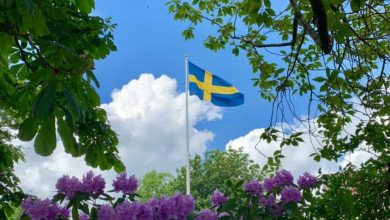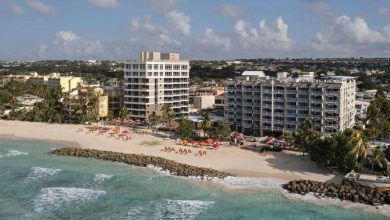75th anniversary of Plitvice Lakes National Park
/ 2024-03-15 00:38:24
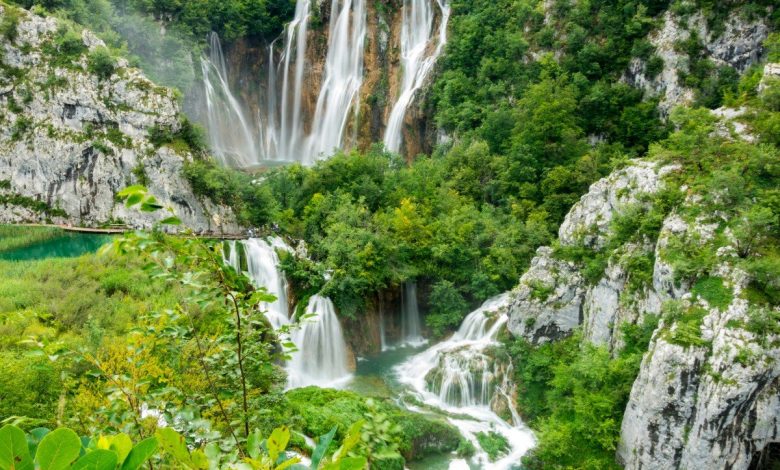
Diplomat.Today
Tomislav Kovačević
2024-03-15 00:38:24
——————————————-
Plitvice Lakes National Park has been welcoming nature lovers from all over the world for 75 years and has established itself as a favorite natural oasis.
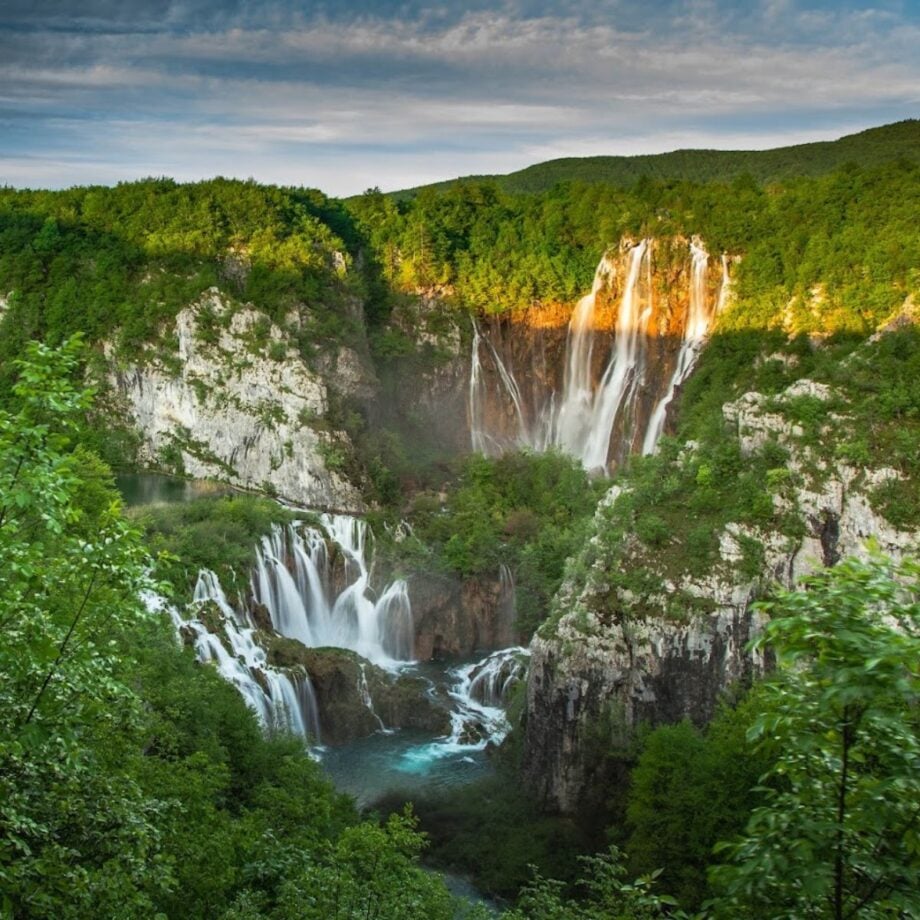
The Association for the Arrangement and Beautification of Plitvice Lakes was founded in Zagreb in 1893 with the aim of creating opportunities for visitors and preserving this beautiful environment. This organization has contributed significantly to the promotion of Plitvice Lakes both in Croatia and abroad. Their first initiative to grant the Plitvice Lakes the status of a national park dates back to 1925! During the interwar period, academic Ivo Pevalek tried to draw attention to the necessary conservation of the lakes and used his career and reputation to protect the Plitvice Lakes. Ivo Pevalek, an unforgettable flora researcher whose passion for the natural world inspired many generations, played a crucial role in the creation of the Plitvice Lakes National Park. In his lectures, which he started giving in the 1920s, he always emphasized the need to protect this natural gem. His own words: “There are many bodies of water, lakes, waterfalls and forests all over the world – but there is only one Plitvice Lakes!” clearly illustrates the unique and distinctive character of the Plitvice Lakes, a source of pride for us all. Thanks to his dedicated work, the Plitvice Lakes were declared a national park on April 8, 1949, the first in Croatia.
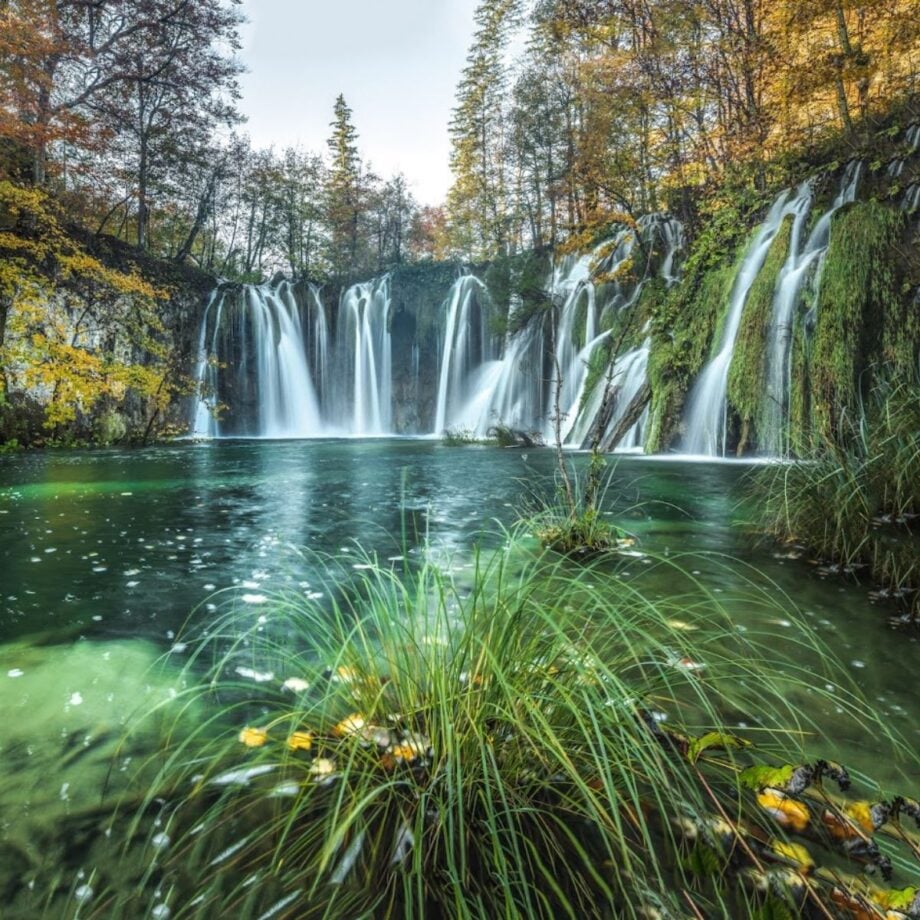

The Plitvice Lakes lake system consists of 16 named lakes and many smaller ones, arranged in waterfalls, creating a true natural wonder. Due to the combination of the geological substrate and the different hydrogeological conditions, the lake system is divided into the Upper and Lower Lakes.
45th Anniversary of Plitvice Lakes UNESCO World Heritage Site
This year, in addition to celebrating 75 years of national park status, Plitvice Lakes National Park is also celebrating the 45th anniversary since it was added to the UNESCO World Heritage List. The continuous process of tuff formation, which creates tuff barriers and lakes, is a unique universal value. Therefore, the Plitvice Lakes National Park received international recognition by being included in the UNESCO World Heritage List on October 26, 1979. This area is among the first in the world and the only one in Croatia to be added to the list for its natural values.
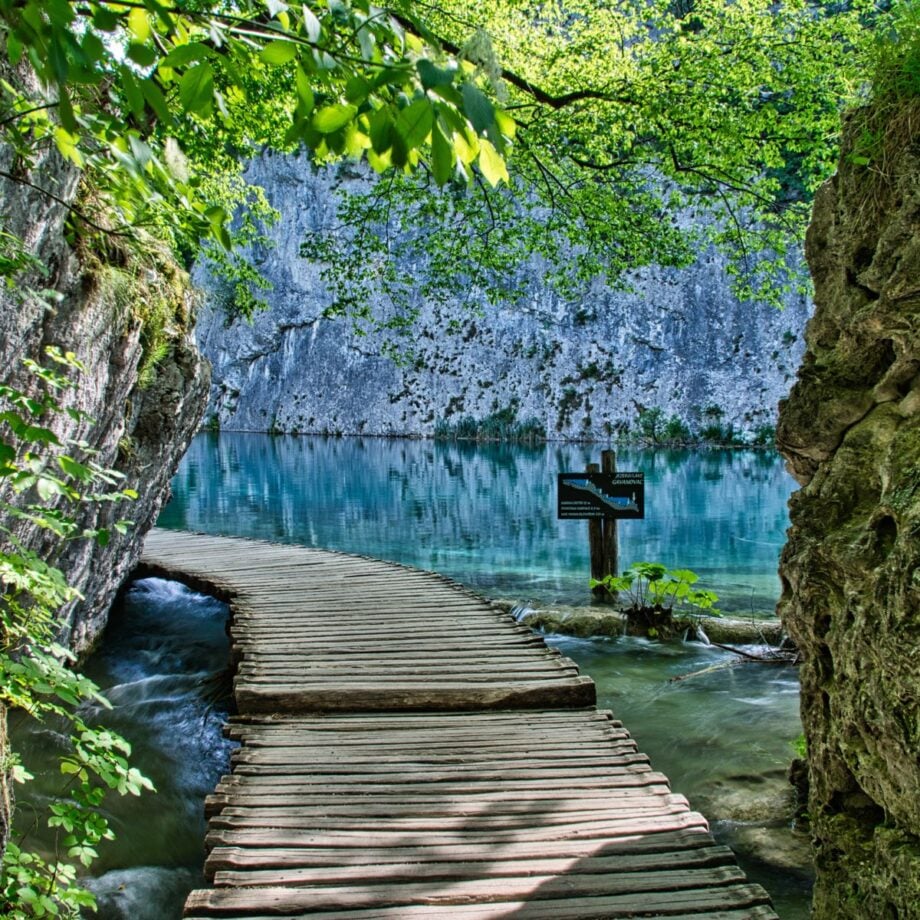

In order for areas to be added to the UNESCO World Heritage List, they must represent unique universal values, which is proven by meeting at least one of a total of ten criteria. Each criterion is described in detail and while meeting one criterion is enough to be added to the list, areas often meet more than one criterion. The criteria that Plitvice Lakes National Park has met to be added to the list are criterion No. (vii), (viii) i (ix).
The vision for Croatia’s oldest and largest national park definitely includes a future in which the park is still part of the UNESCO World Heritage, meaning that the unique universal values and the criteria that describe them are preserved. It is extremely important to recognize the Plitvice Lakes as a natural heritage of enormous importance, both for Croatia and for the whole world.
Kind 2000
Natura 2000 is one of the EU’s most important environmental conservation initiatives, a network of protected areas and habitats crucial for the survival of rare and endangered species across Europe. This impressive network was established on the basis of the Directive on the Conservation of Natural Habitats and of Wild Fauna and Flora and the Directive on the Conservation of Wild Birds with the aim of conserving or restoring more than a thousand rare and endangered species and approximately 230 natural and semi-extinct species. natural habitats.
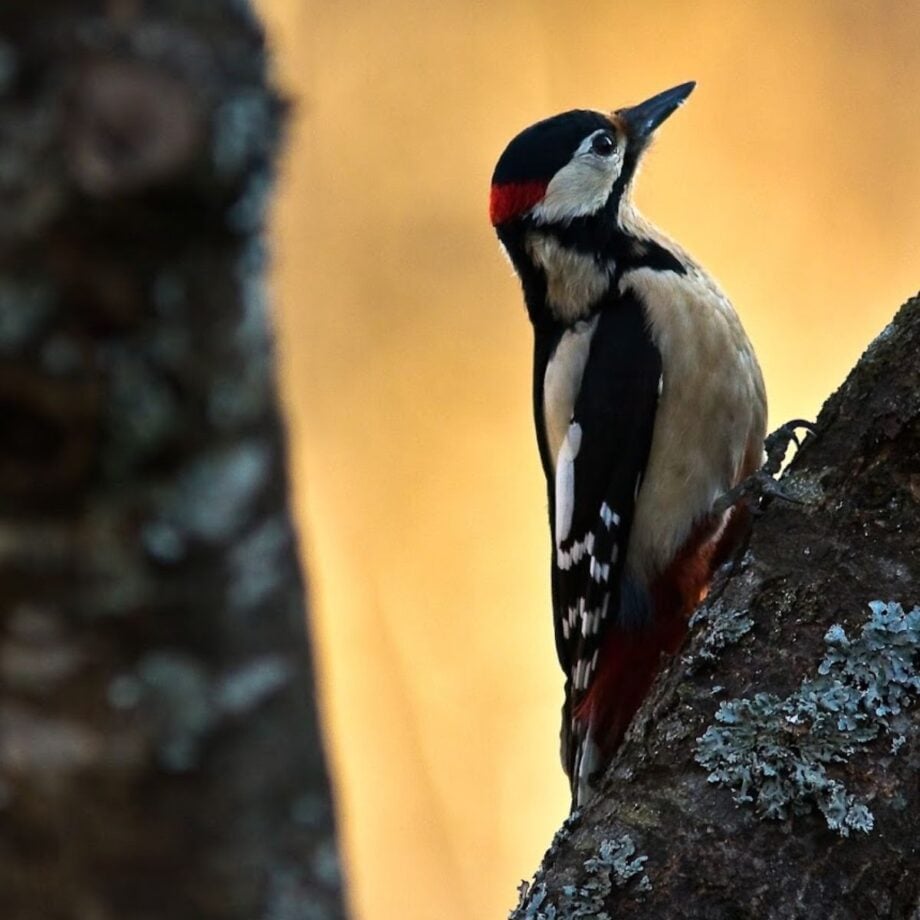

Every year on May 21, Natura Day is celebrated to underline the importance of this network and raise awareness about its necessary protection. The Natura 2000 network covers more than 26,000 sites covering an area of approximately 1,200,000 square kilometers, making it the largest network of its kind in the world. One of the most important areas in the Natura 2000 network is the Plitvice Lakes National Park, home to 21 bird species, 28 animal and plant species and as many as 20 target habitat types. Thanks to the management efforts and activities of park staff, the long-term survival of these habitats and species is assured.
Monitoring
Monitoring in Plitvice Lakes National Park plays a crucial role in conserving biodiversity and the natural environment. Various types of monitoring, such as the monitoring of saproxylic beetles, swallows and house martins, woodpeckers, owls and bats, allow park staff to collect essential information about the condition of these animals and about their behavior.
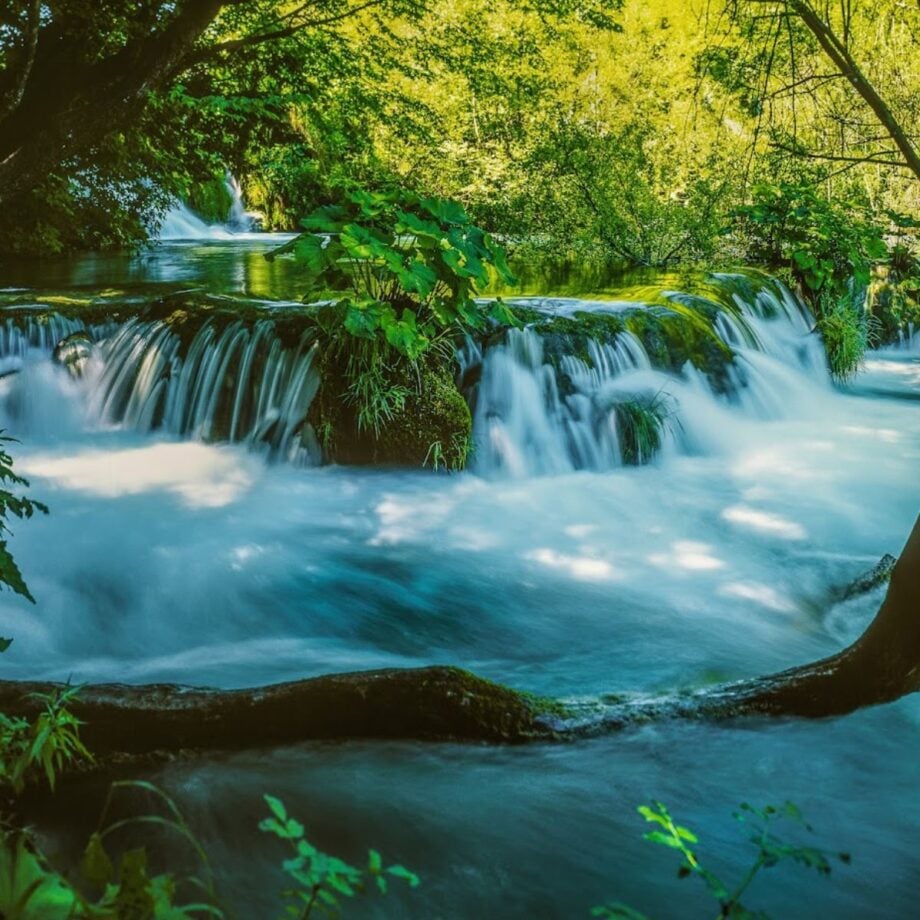

Another very important monitoring activity is the monitoring of water quality indicators, eutrophication indicators and tuff formation indicators, which is carried out once a month in accordance with scientific research recommendations at multiple stations. Employees of the Ministry of Protection, Maintenance, Security, Promotion and Use of Plitvice Lakes National Park actively participate in these activities to ensure the sustainability of the ecosystem and protect the park’s natural resources. Based on systematic monitoring, the Plitvice Lakes National Park can make well-informed decisions about management and protection, thus contributing to the long-term sustainability of this precious nature reserve.
EUROPARC federation
The EUROPARC Federation is an organization of almost 400 members from 38 countries, largely representing protected areas in Europe. The Federation’s activities are funded through membership fees and projects, and these activities are overseen by a council of ten members and a president. All projects and programs, as well as the daily management of the organization, are managed by the directorate in Regensburg (Germany) and Brussels (Belgium). The organization is divided into 8 sections for the exchange of experiences, and the network of cross-border areas encourages cooperation.
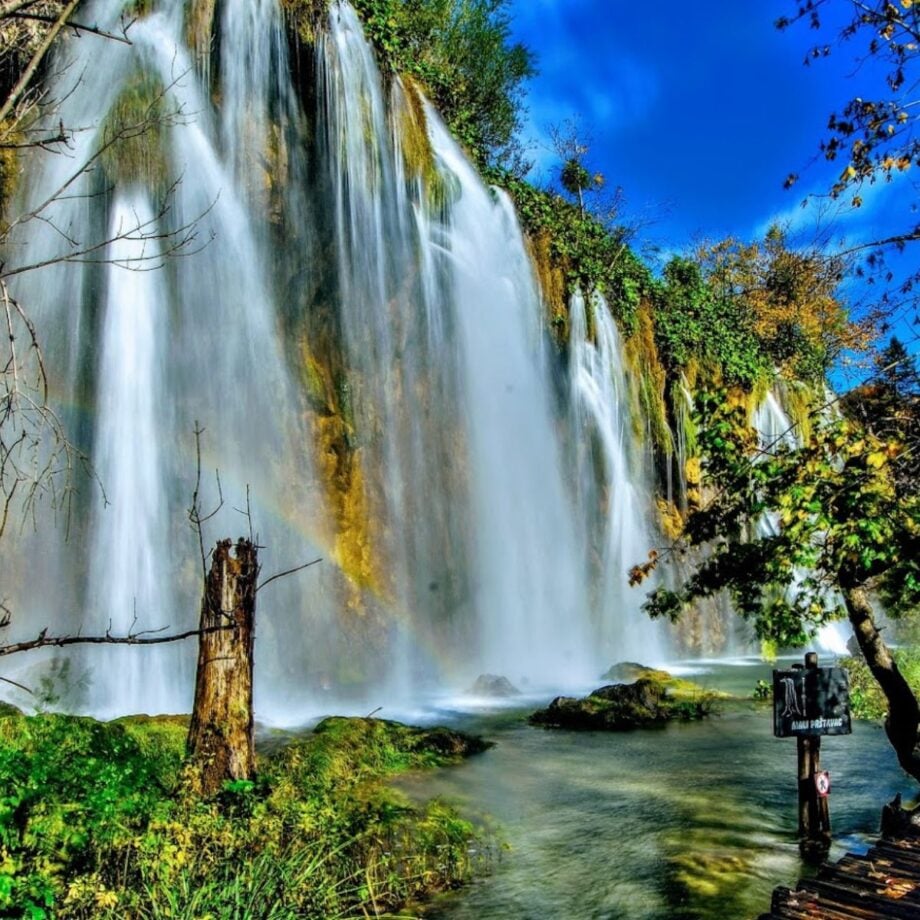

Since its founding in 1973, EUROPARC has promoted sustainable tourism and various programs such as the Young Rangers. The Plitvice Lakes National Park is an essential part of EUROPARC. In 1976, an important EUROPARC meeting was held in the Plitvice Lakes National Park. The cooperation between the Park and EUROPARC is well established and has been taking place for many years, mainly in the form of conferences, workshops and exchange of experiences and know-how in the field of protected area management. The 50th anniversary of EUROPARC was celebrated in the Netherlands in 2023. Many members were present and the role of young people received special attention. Scholarships and medals were awarded and the e-book ‘Nature Knows No Boundaries’ was launched, celebrating both the past and future of EUROPARC and protected areas. EUROPARC initiated the European Day of Parks, celebrated on May 24. This day highlights the importance of environmental conservation and promotes the values of conservation within local communities and the wider public. The aim is to bring people closer to nature, raise awareness of the importance of preserving our natural environment and promote the sustainable management of protected areas.
Did you like this article?
Receive similar content straight to your inbox.
Please enable JavaScript in your browser to submit the form
——————————————-


